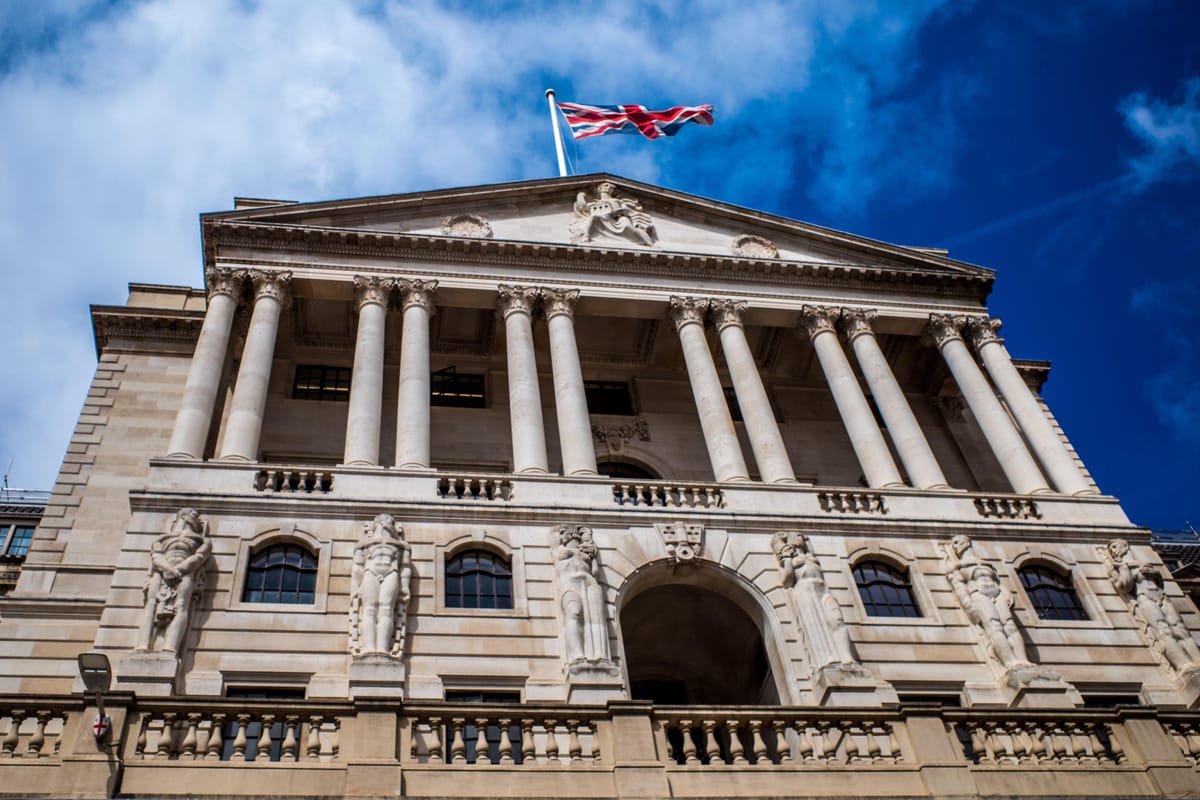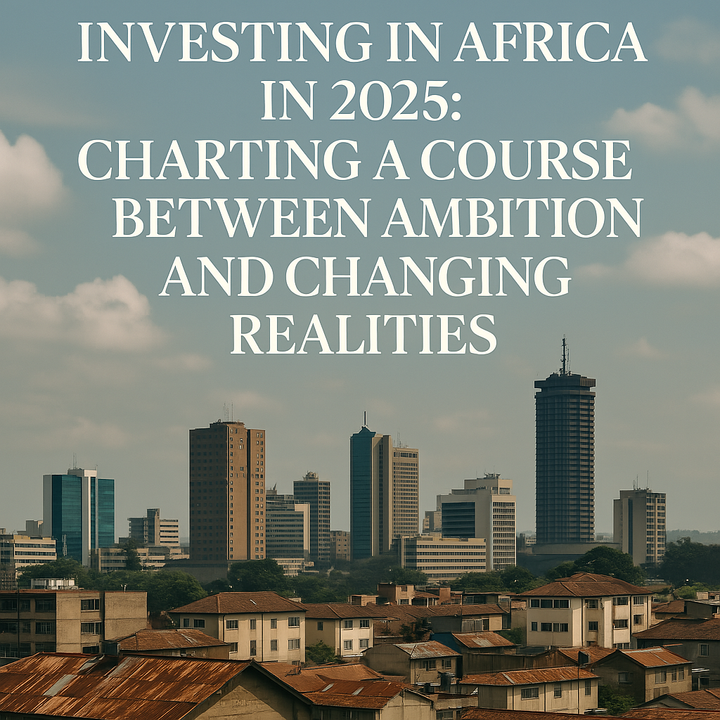The Bank of England keeps interest rates despite uncertainty about global trade war
The Bank of England maintains interest rates at 4.5% amid global trade war uncertainty. Inflation is expected to peak at 3.75% this year, and wage growth of 5.9% could exacerbate price rises. The BoE will reassess Trump’s tariffs at its next meeting in May.

Interest rate decision and economic uncertainty
The Bank of England (BoE) decided to maintain interest rates at 4.5% as concerns over a global trade war grew. External MPC member Swati Dhingra was the sole dissenter, advocating for a 25 basis point cut. This is a change from last month, when Dhingra and Catherine Mann both called for a more drastic 50 basis point reduction. Governor Andrew Bailey did acknowledge the current economic uncertainty, stating, "There's a lot of economic uncertainty at the moment" and continued by stating that the BoE continues to anticipate a gradually declining interest rate path.
Inflation and wage growth
Inflation peaked at 3% during January, while the Office for National Statistics (ONS) had announced an earnings rise of 5.9% in the period from November 2024 to January 2025. Both rates will serve to raise inflationary pressure as a consequence of their stimulating effects on expenditure on goods by households. In this light, the Bank of England has been keeping to its estimate from February that inflation could touch 3.75% for this year. Susannah Streeter, Hargreaves Lansdown money and markets analyst, warned that "pay growth remains strong, with vacancies increasing, and there's a fear inflation will stay recalcitrant." This further complicates the BoE's efforts to strike a balance between growth and inflation.
Global trade war impact
The BoE action is in step with the US Federal Reserve, which also maintained interest rates at 4.5% in the face of economic uncertainty due to President Donald Trump's harsh tariffs, such as steel and aluminum. The Fed reduced America's growth rate to 1.7% from 2.1%, and predicted inflation of almost 3%. Fed Chairman Jerome Powell indicated further improvement in the world's largest economy might be hindered by policy uncertainty. The BoE's Agents signaled muted economic activity across the UK, while weak consumer and business confidence were the main transmitters of the adverse shock. The BoE will reconsider the impact of Trump's tariffs at its May meeting, representing a dovish reaction to events in the global economy.
The Bank of England's decision to keep interest rates at 4.5% is an indication of the current economic uncertainties, particularly those stemming from the trade war. Balancing inflation and wage growth against the need to stimulate economic activity is a significant task. The BoE's cautious stance, echoed by the US Federal Reserve, is an indication of the interconnectedness of the global economies and the need for the careful monitoring of external factors. As the British economy navigates these complexities, the future decision-making of the BoE will be crucial in maintaining stability while fostering growth.




